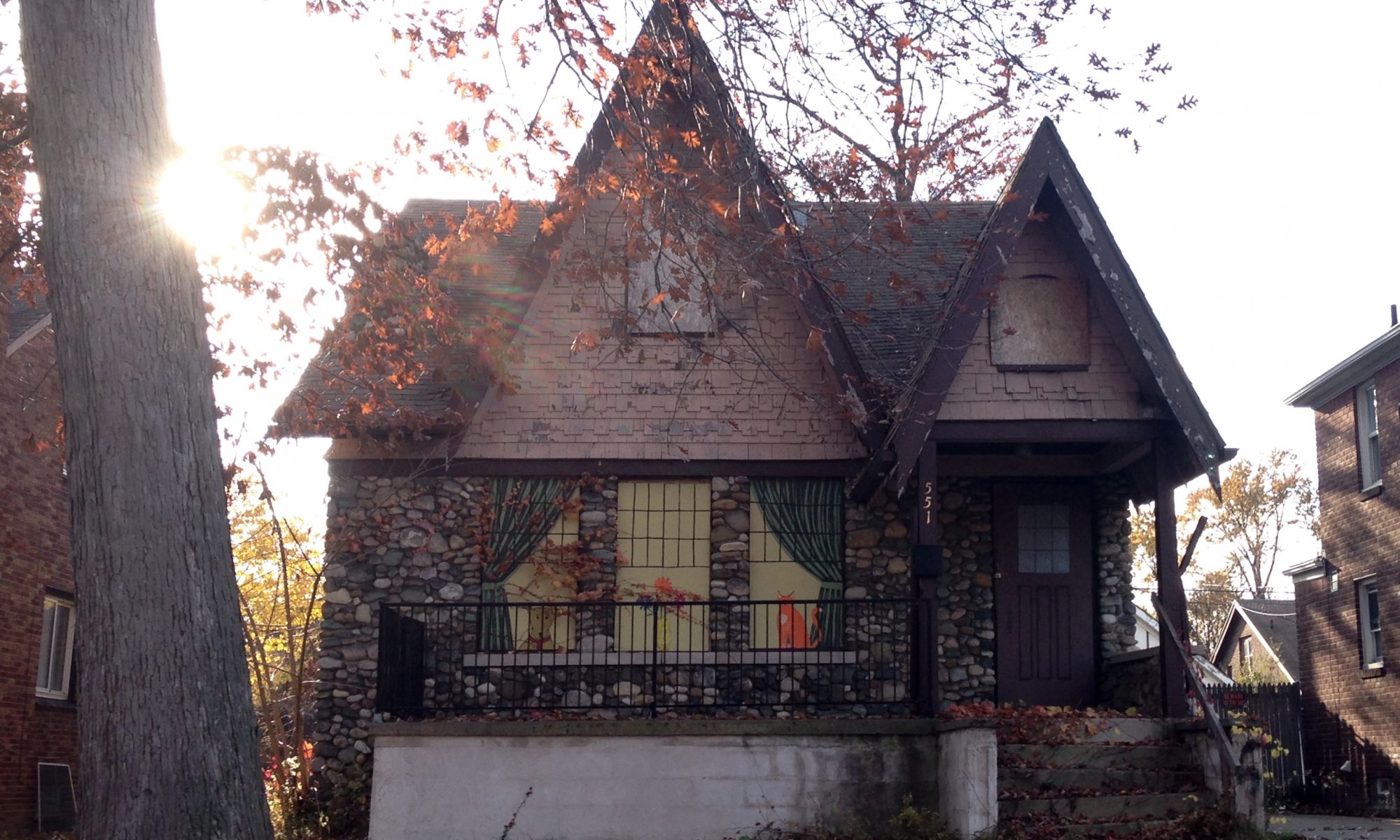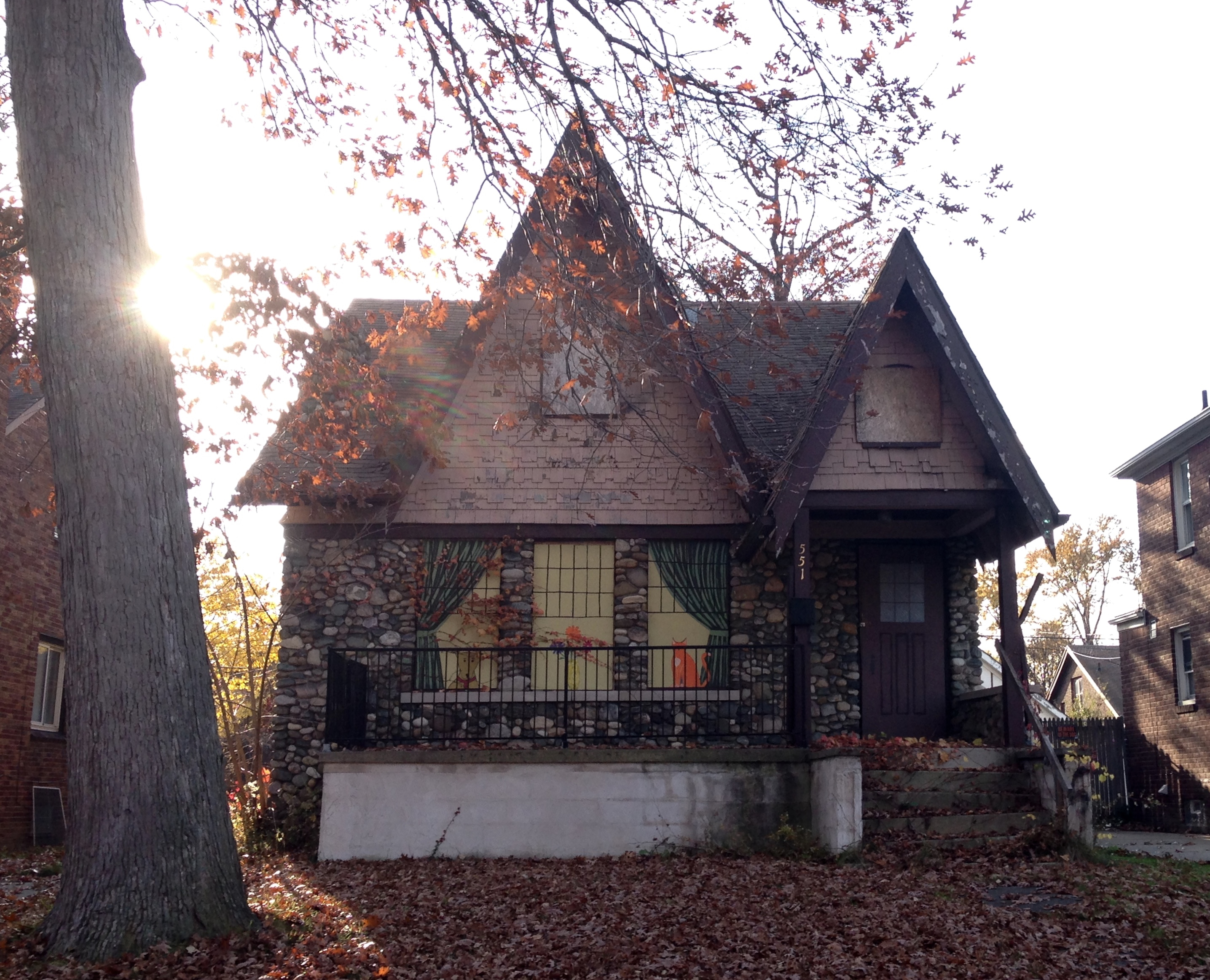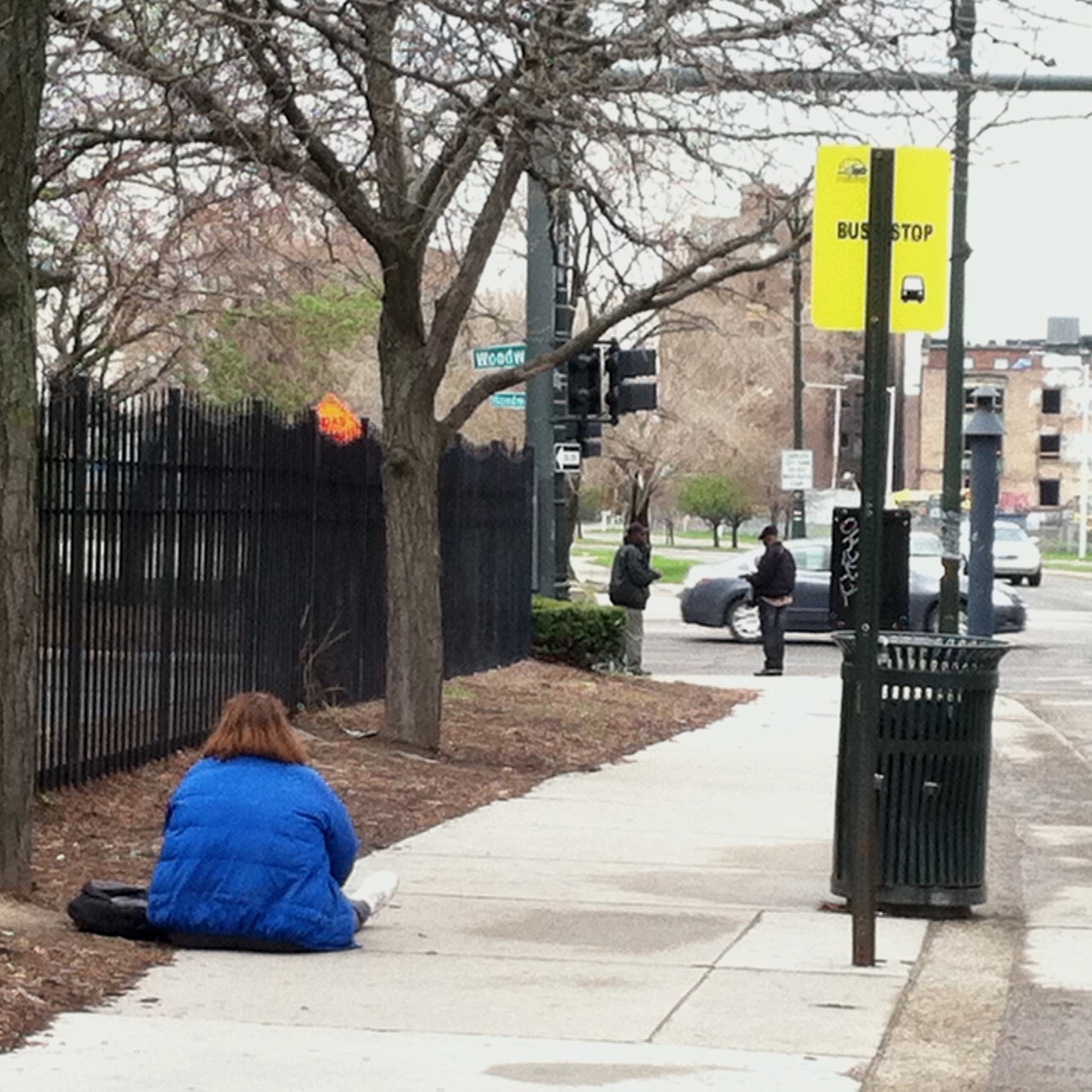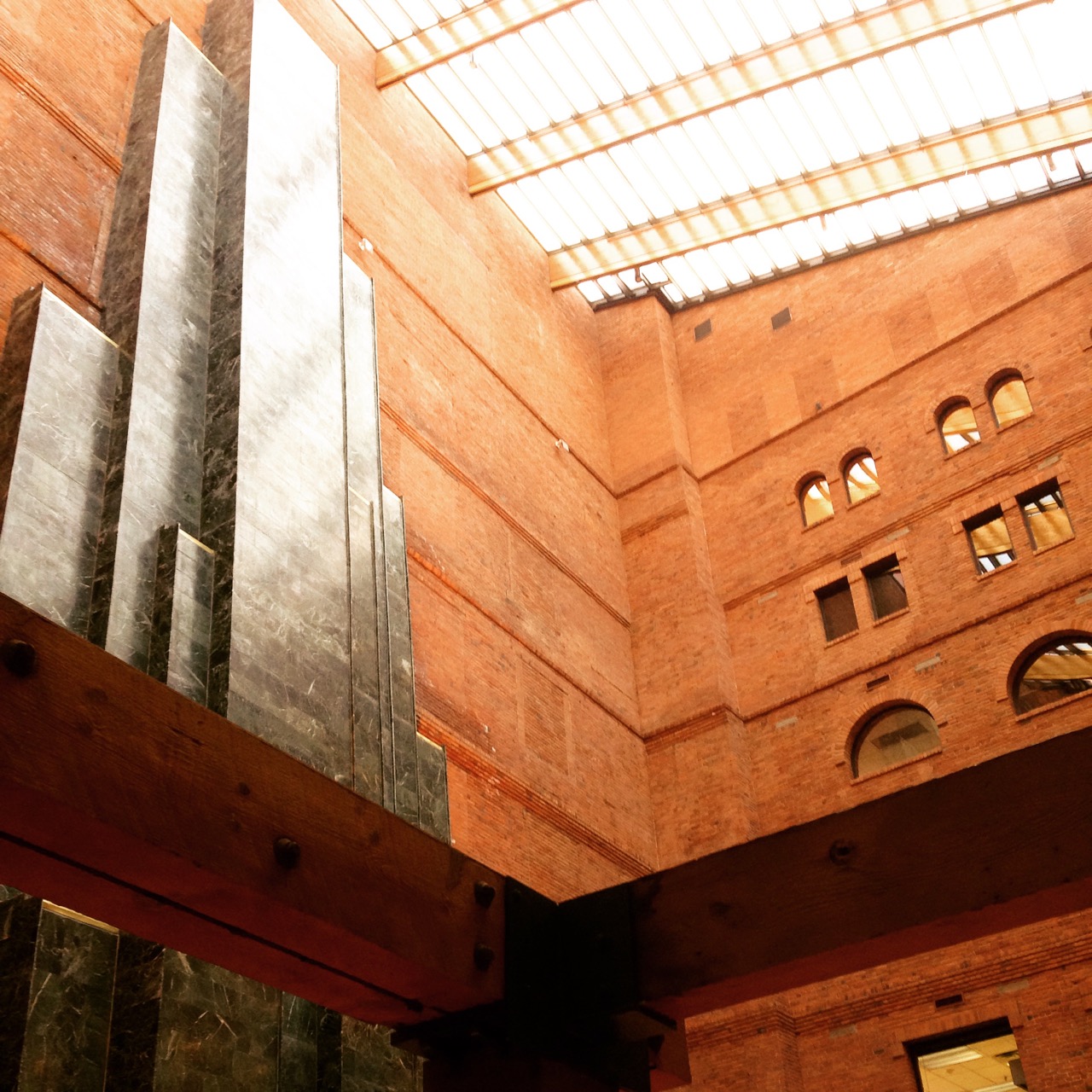“One-year postscript to You Robbed the Right Girl”

Today is the one-year anniversary form the day my soccer team bought me a brand new computer. With one exception, it is also the longest I have gone without throwing up in 11 years. 5 years ago, I enjoyed a 3 month reprieve during which I truly believed myself to be free and clear and cured. I was wrong– I was far from cured and it was far from over. Of the 4,000 days in this decade-plus of addiction, I probably have passed 3000 of them with one, or two, or three, or a dozen violent acts of purging somewhere between waking and sleeping. For most of this time, a week without vomiting was a heroic and rare occasion. For much of the time, a day without it was impossibly hard. For a long stretch, every meal contained a sacrifice to the toilet and all that was digested was what had been absorbed before I got rid of it and what remained after the mighty tide took the rest away. I was not well.
I have always hated this disease, have always known it was wrong. From the very beginning, I confided to friends and sought therapy and fought against it. But it was deceptively strong and I found I couldn’t control it so eventually I gave in to it. It demanded a lot from me: I lied, I stole, I wasted money and time, I lost my self-respect to keep my addiction alive. For as much as I gave to enable it, it is nothing compared to how much I have given to overcome it. I took medication and years of therapy. I went to rehab. I ended my marriage. I went to rehab again. I quit my job and walked 700 miles alone through the wilderness. I moved to Detroit. I went to rehab again. I got in a relationship. I climbed Mt. Kilimanjaro and flew a kite on the summit to symbolize my recovery. I ended a relationship. I got into a new relationship. I ended that. I got back with my old boyfriend. I broke up with him again. Each of these things played out in a concert of reading, writing, medication, hypnosis, self-intervention and public confession; each of these and in whole or in part was an effort to get well, to overcome my demon, to save my life.
One year ago, at some miserable point along that cycle, I took a routine trip to CVS to buy food for a binge. Returning to my car with a carton of Moose Tracks, a box Cinnamon Toast Cruch and a gallon of milk no more than 3 minutes after I had left it, I encountered a scene that rocked my entire world: broken glass, broken window, missing computer. The platform for all of my writing, the home for all my photos, the means for all my income– gone in a moment. And for what? a $9.00 8,000 calorie high that was destroying my body. Continue reading “You Righted the Wrong Girl”
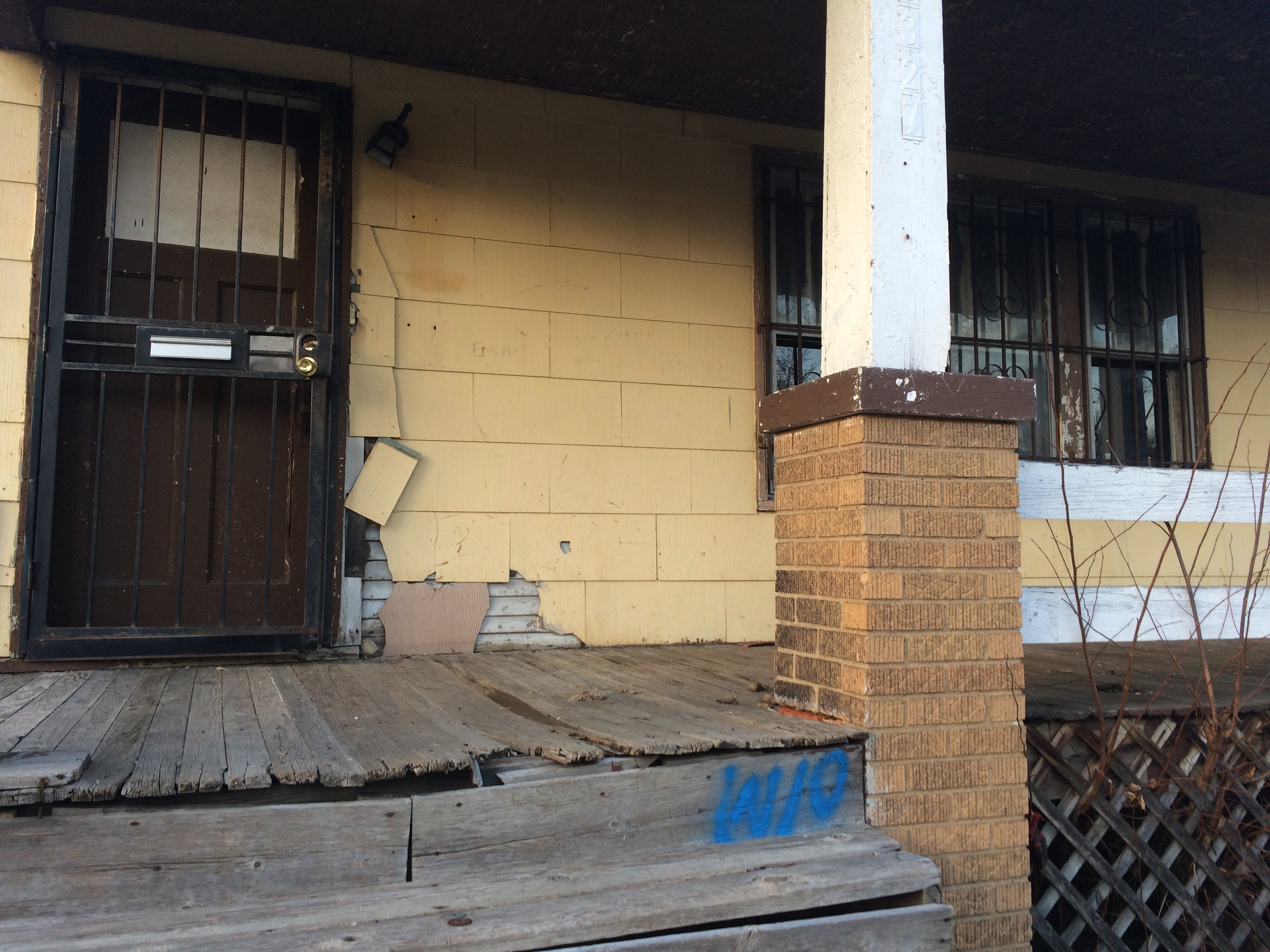


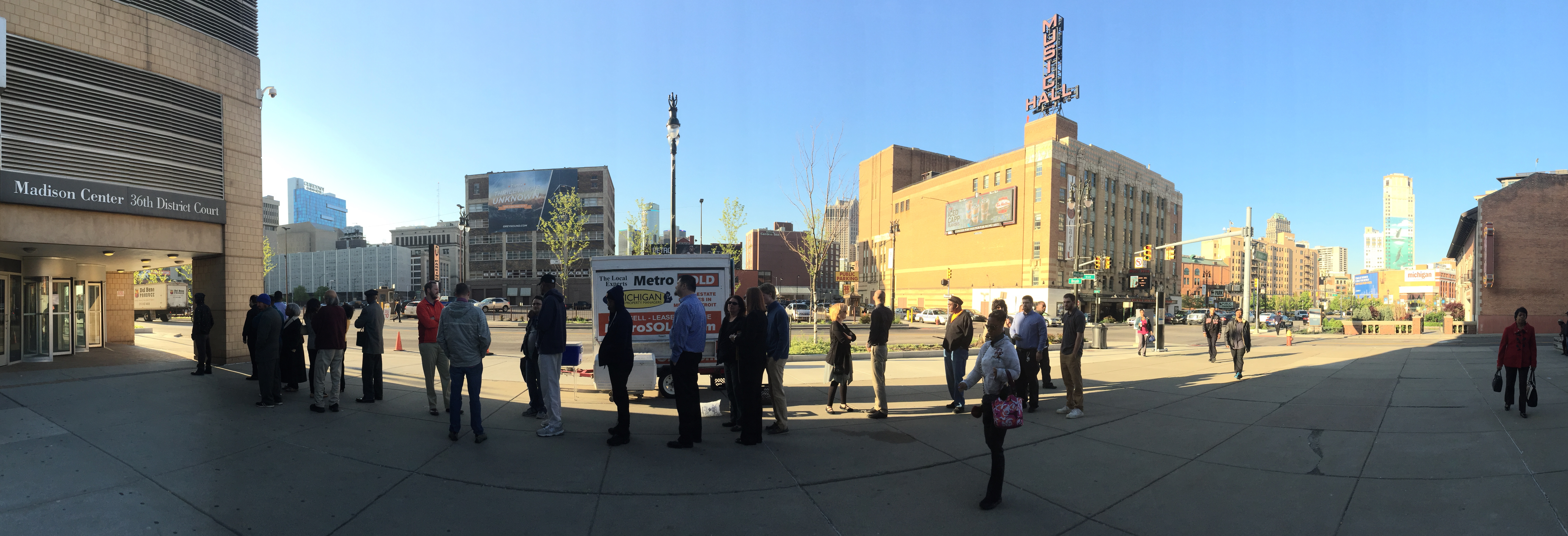
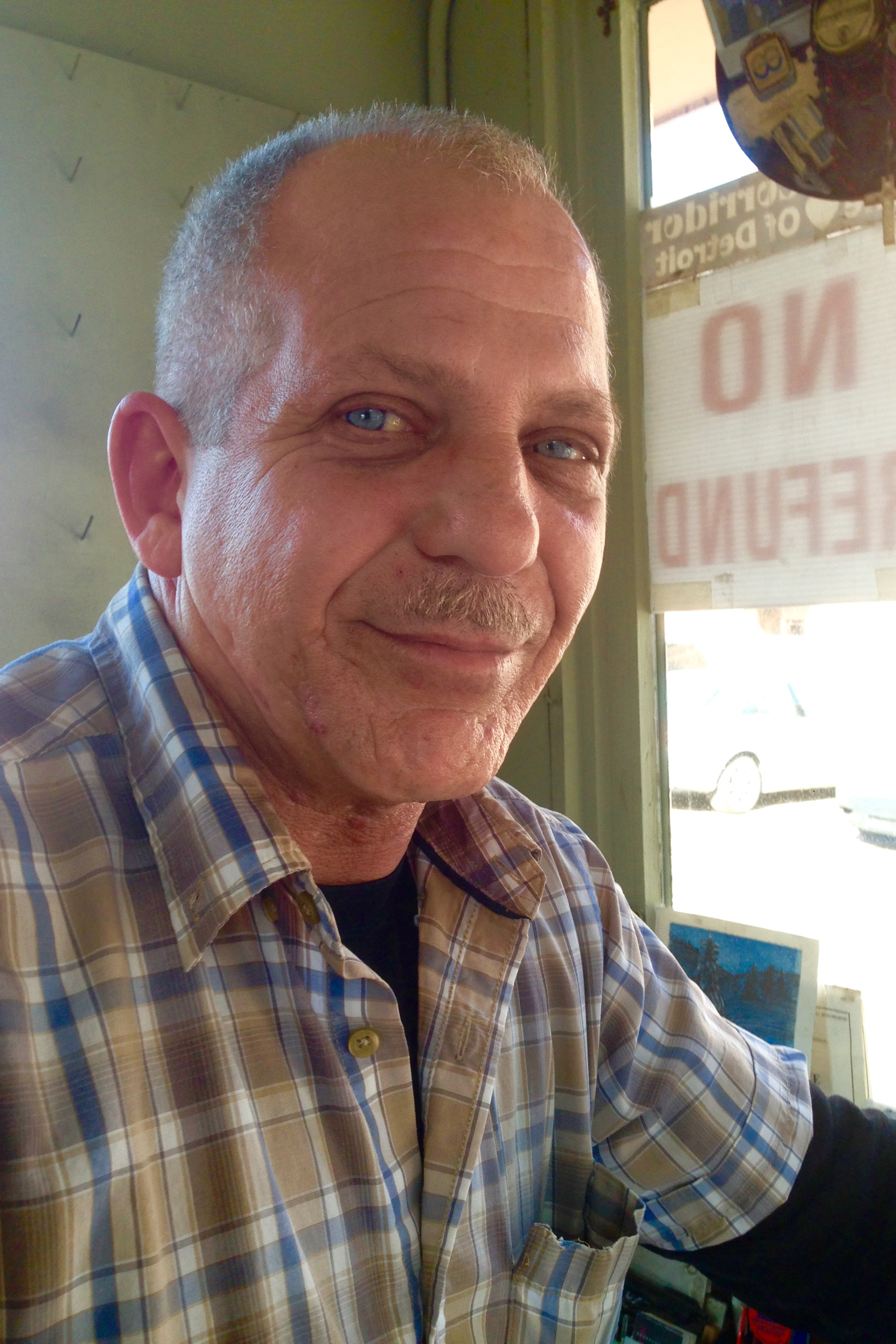
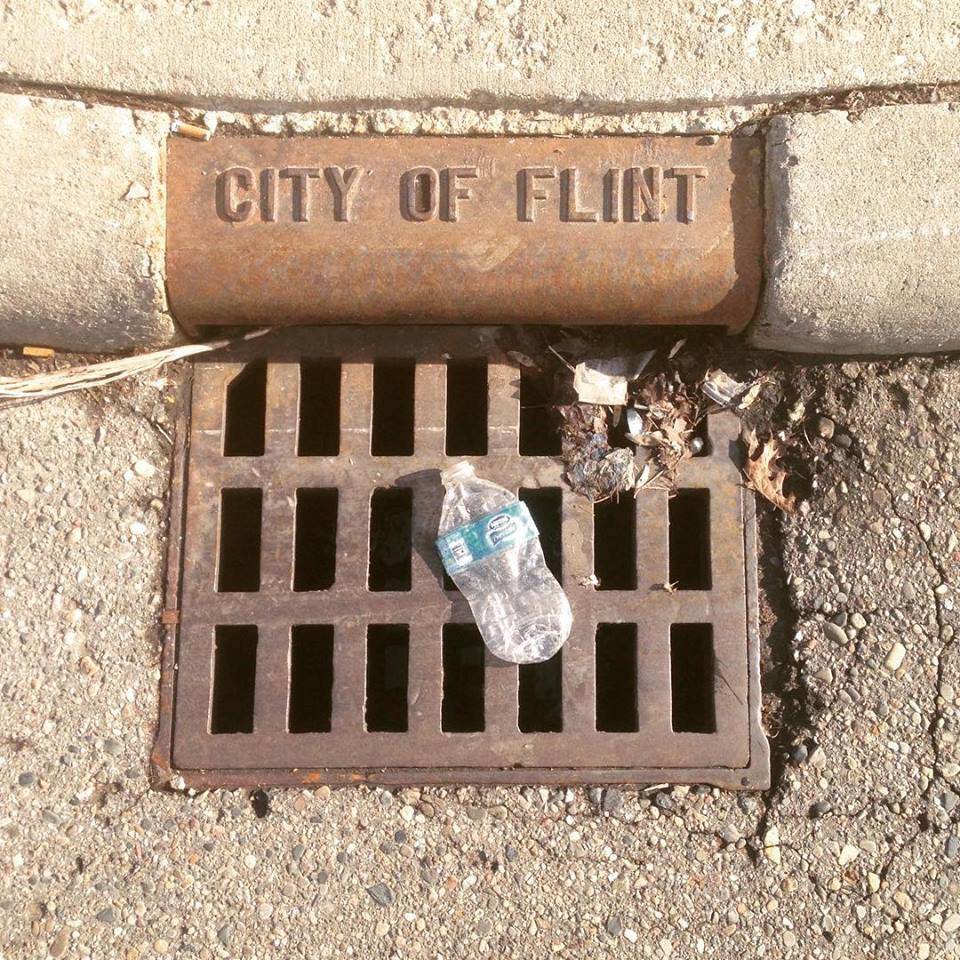
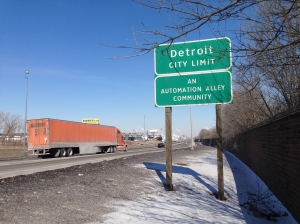 Since I moved to this city, I’ve kept a note on my phone to keep track of the weird ways that my phone interprets the word Detroit. They’re not exactly electronic Freudian slips, but it’s still fascinating to see how my careless spelling is contorted.
Since I moved to this city, I’ve kept a note on my phone to keep track of the weird ways that my phone interprets the word Detroit. They’re not exactly electronic Freudian slips, but it’s still fascinating to see how my careless spelling is contorted.